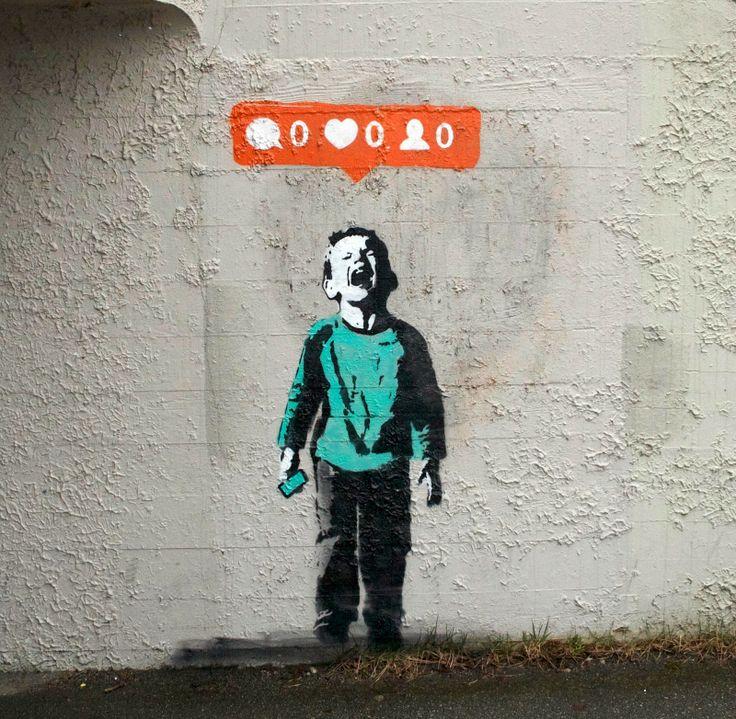Lauren Cohen
Voices Editor
I recently spent a week with a deactivated Facebook account, as well as deleted Snapchat and Instagram pages, in a sort of self administered social experiment. During this week, I learned an incredible amount about the role social media plays in my life and the ways in which it ends up distracting me from myself.
I realized how much I rely on social media to distract and make me feel relevant and connected to my peers during very specific (and characteristically trivial) moments. For example:
- Walking to Park and Ride
- Anytime I had to wait for something (standing in line, sitting at a red light, etc.)
- Grocery shopping, laundry, and other boring chores
- Sitting on the toilet
Basically, any moment when I was alone in a quiet, relatively bland environment, I would instinctively reach for my phone only to see that there were no friends sending or awaiting photos from me on the other side of my screen. It was in those moments, of sitting on the doctor’s office couch, or sitting alone with a snack at my dinner table, that I realized how deeply ingrained the habit of opening up my Snapchat or Instagram had been. It almost felt like a compulsion.
I suddenly realized the absurdity laden in my once casual habits; nonetheless, relinquishing them proved difficult, if not painful. I was forced to do something society had never taught me how to: be with myself and myself only. I was forced to simply sit or stand or walk alone, in silence, and be comfortable without using Snapchat to update my friends on my location and feelings and life every few seconds.
And once I did these mundane, quiet tasks alone, it became clear to me why I (and so many others) am nearly addicted to social media. I felt alone – eerily alone. I was sad that I couldn’t share a video of myself, for example, making myself a delicious meal while wearing a honey face mask with my friends. Red lights (oops) were no longer opportunities to open up pictures of videos of my friends also doing banal tasks. If I was eating poke alone in my room, but sending a Snapchat of the food and myself eating it to my friends, was I really eating poke alone in my room? The answer is no. And it is in this answer that all of the power of social media lies.
After a few days of discomfort, though, I realized how important it is to be able to truly be with yourself – and yourself only. Without my social media constantly at my fingertips, I began enjoying my moments alone. I found 10 new music artists, paid close attention to any food I ate, appreciated the views and sounds and smells around me, had the space to reflect on my day, and learned to appreciate the delicate nature of a moment alone without manipulating or “sharing” it to evoke the illusion of connection.
We have been taught to trade in connection to ourselves for a diluted, pseudo-connection to peers facilitated by fabricated images and idealized sound-bytes of people’s lives. It is extremely disappointing that our society neither encourages nor teaches us how to foster a relationship with ourselves, as we are with ourselves for 100% of our lives, and not much is more important than being comfortable with yourself (which includes being alone with yourself, of course).
My week without social media opened up my eyes to how it had prevented me from having a comfortable, strong relationship with myself. I’d highly suggest deleting your Snapchat, Instagram, and Facebook apps (not your accounts, don’t worry) from your phone for maybe a few hours or even days to step out of the cultural hypnosis, realize how strongly these applications control your behavior, and learn how to counteract their influence.



